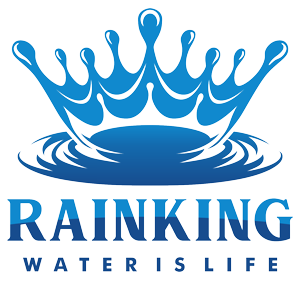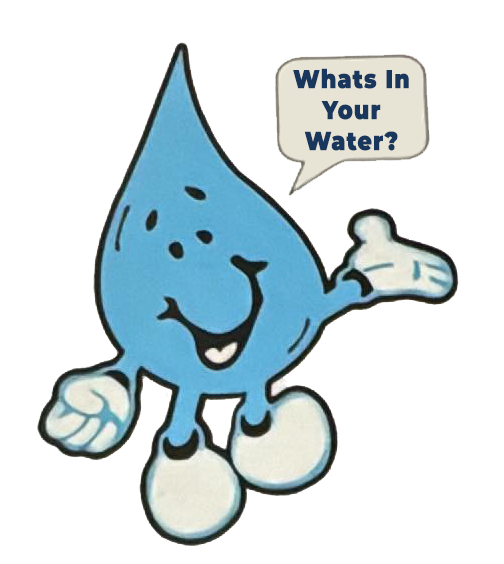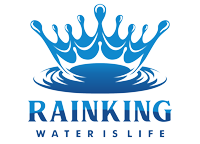Water Filters: The Essential Tool for Emergency Preparedness
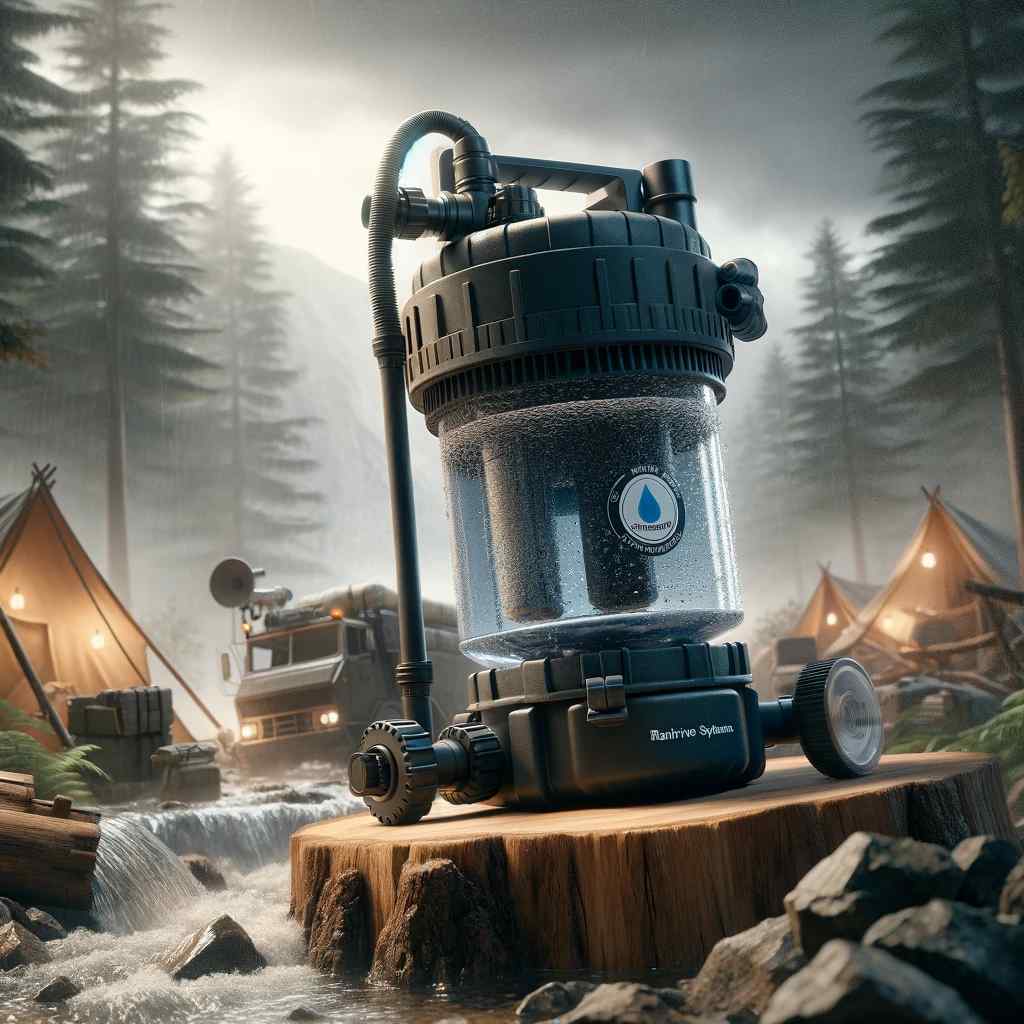
In today’s uncertain world, it’s more important than ever to be prepared for emergencies. Whether it’s a natural disaster or a global crisis, having the necessary tools and supplies can make all the difference in keeping you and your loved ones safe.
The Water Revolution: Unveiling the Future of Filtration Technology
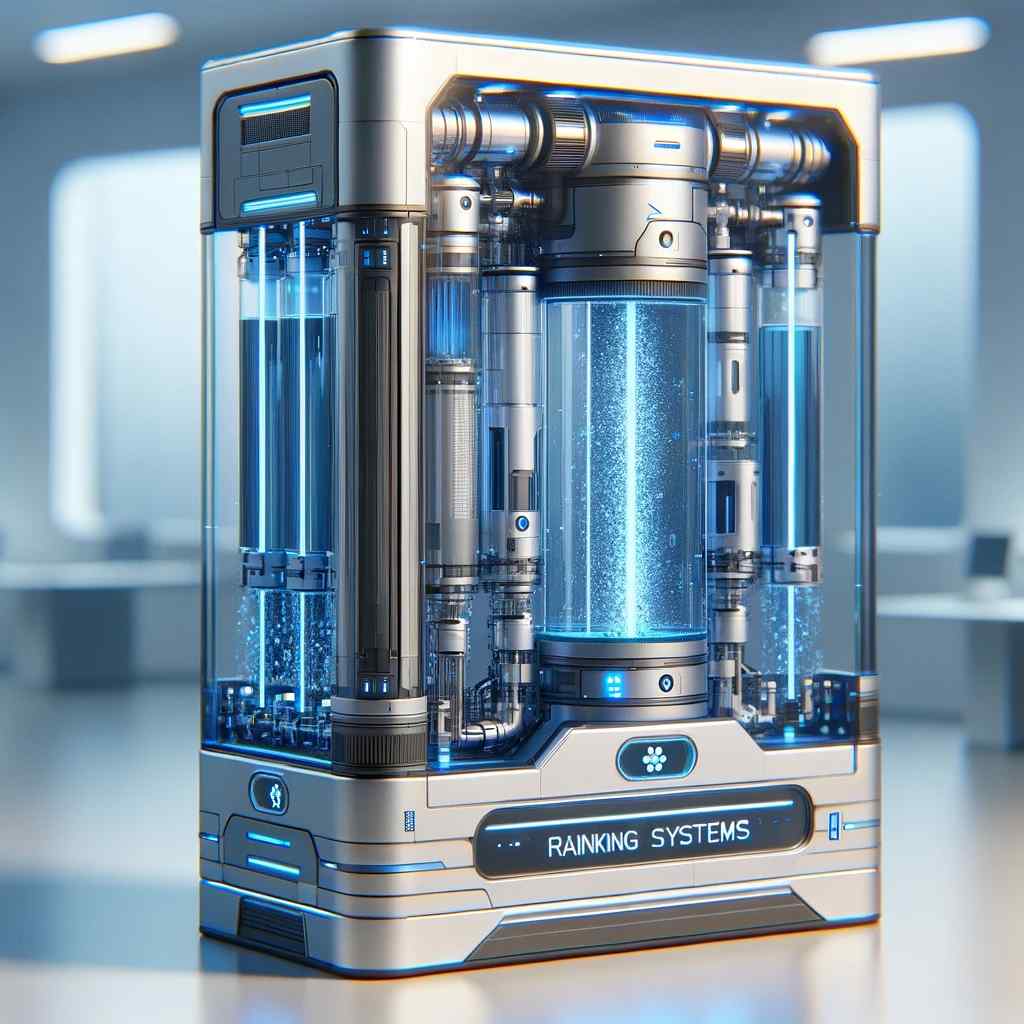
In a world where clean and safe drinking water is becoming increasingly scarce, the need for innovative filtration technology has never been more pressing.
Is Soft Water a Garden’s Delight

Soft Water and Plants: Is softened water good for your garden?
When it comes to maintaining a beautiful and thriving garden, there are many factors to consider – from providing adequate sunlight and soil nutrients to managing pests and weeds. But have you ever wondered about the impact of water quality on your plants’ health and growth? Specifically, what does soft water mean for your garden?
Water is crucial for plant survival, as it provides hydration, delivers essential nutrients, and supports photosynthesis. However, not all water is created equal. Depending on where you live, your water supply may be either hard or soft. While hard water contains minerals like calcium and magnesium, soft water has undergone a process to remove these minerals, resulting in a lower mineral content. But does soft water hold any benefits or potential drawbacks for your garden?
Before we dive into the fascinating relationship between soft water and plants, let’s first understand what soft water actually is. Soft water is typically achieved through a process called water softening, which involves the removal of excess minerals, such as calcium and magnesium ions, through ion exchange. This process helps reduce the buildup of limescale and soap scum in our pipes and appliances, making it easier to clean and promoting longer lifespan for our household items. However, the impact of soft water on plants is a completely different story.
Contrary to what you might expect, watering your garden with softened water may not always be the best choice for optimal plant health. Soft water lacks the beneficial minerals found in hard water, which can have important implications for your plants’ overall well-being. As we explore the relationship between soft water and gardens further, we will delve into the potential advantages and disadvantages of using softened water for plant irrigation. So, if you want to discover whether soft water is truly a garden’s delight or if there are hidden pitfalls to be aware of, keep reading to uncover the fascinating truth about soft water and plants.
Unveiling the Magic: From Calcium to Sodium – How Water Softeners Work
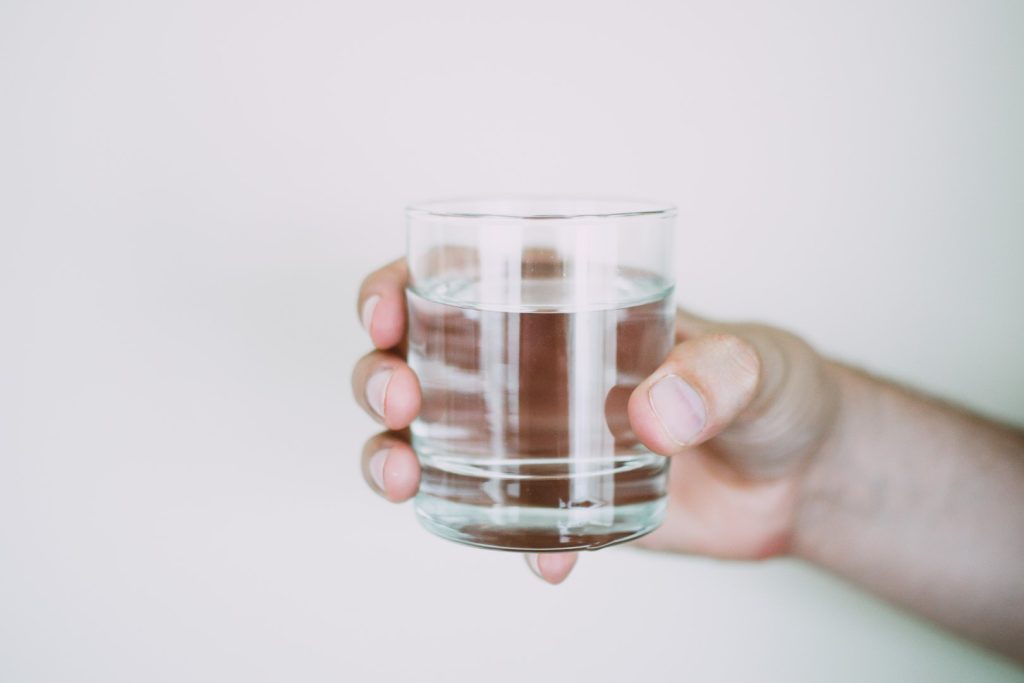
Have you ever wondered how water softeners work their magic, transforming hard water into soft and silky goodness? It’s a fascinating process that involves a little bit of chemistry, a touch of magic, and a whole lot of science. In this blog post, we will unravel the mystery behind water softeners and delve into the intricate journey from calcium to sodium.
Water softeners play a crucial role in improving the quality of our water, making it more pleasant to use and beneficial for our daily needs. But what exactly happens when hard water passes through these magical devices? How do they manage to remove those pesky minerals that cause limescale buildup and reduce soap’s effectiveness?
Get ready to embark on a captivating exploration of water softeners as we dive deep into the inner workings of these remarkable machines. From the moment hard water enters the softener, a series of ingenious steps are set in motion, ultimately leading to the removal of calcium and other mineral deposits, leaving you with gloriously soft water.
We’ll examine the different components of a water softener and explain how each one contributes to the overall process. Along the way, we’ll also reveal the extraordinary transformation from calcium to sodium, highlighting the key role it plays in water softening. So, whether you’re a chemistry enthusiast or simply curious about how your water is magically transformed, join us on this enchanting journey to uncover the secrets of water softeners.
“The Impact of Hard Water on Appliances and Plumbing: How a Water Softener Can Save You Money”
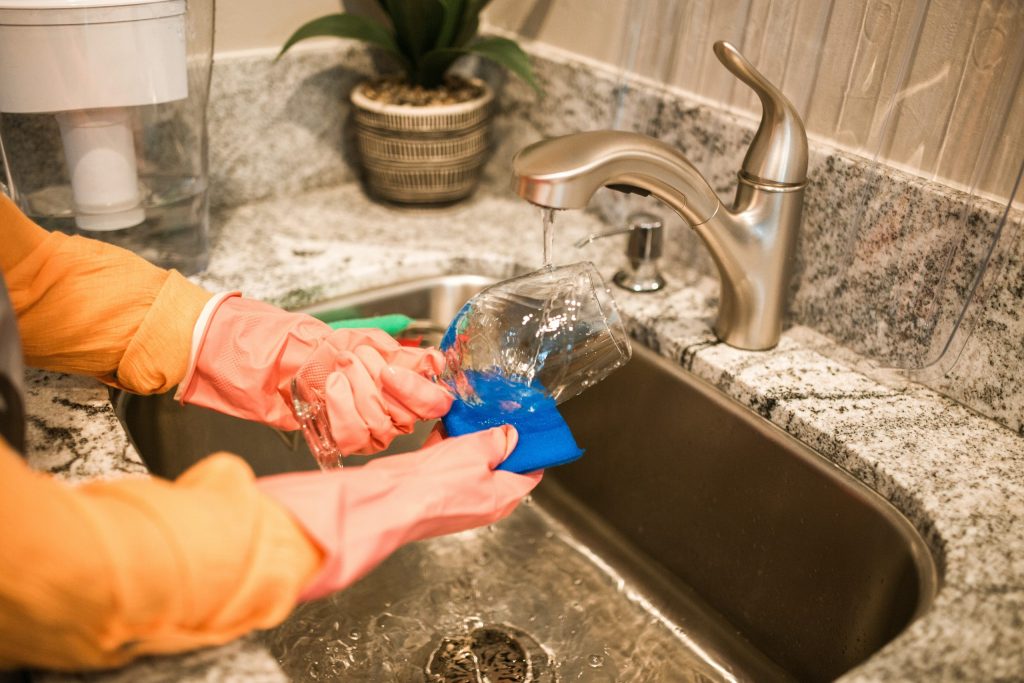
It’s something we take for granted: turning on the tap and having clean, drinkable water flow out. But have you ever stopped to think about the effects hard water – the water most commonly found in our homes – has on our plumbing and appliances? In the long run, not considering the impact of hard water can give you a nasty shock when it comes to your wallet. In this blog post, we’ll cover the damaging effects hard water can have on our plumbing systems and appliances, and how a water softener can help you save money, time and effort by protecting your home from its devastating effects.
Hard water is considered anything with a high mineral content, particularly calcium and magnesium. These minerals are picked up from the soil after the water has travelled through and are considered harmless for drinking. However, scale build-up from these minerals are known to clog pipes and affect the performance of appliances such as washing machines, dishwashers and water heaters, leading to premature or costly repairs. Not to mention the efficiency of the appliance is compromised with hard water, leading to higher energy bills.
But all is not lost! Keep reading to find out how a water softener could be the saving grace for your home’s plumbing system and appliances.
Water Systems for Restaurants and Food Service: Ensuring Safe and Clean Water in Commercial Kitchens

Food is an integral part of our lives, and for restaurant and food service businesses, ensuring that the food they serve to customers is safe and hygienic is of utmost importance. The quality of water being used in the cooking process plays a major role in that regard. Water systems for restaurants and food service are designed to ensure safe and clean water for commercial kitchens.
When it comes to creating a safe and hygienic environment in the kitchen, having a reliable and efficient water system is essential. Quality water is a key factor in producing safe food and diminishing the risk of health problems related to food-borne illnesses and contamination. A commercial kitchen needs to meet all the local safety and sanitation regulations as well, which can be achieved by having the right water system in place.
The age-old question of how to best ensure clean and safe water for commercial kitchens has been debated for generations. In recent years, technologies have advanced so far and wide that there is no need to worry about that anymore. By installing water systems for restaurants and food service, businesses have the peace of mind that their water is safe, clean, and reliable.
Unlocking the Benefits of Water System Tools: Streamline Your Processes Now
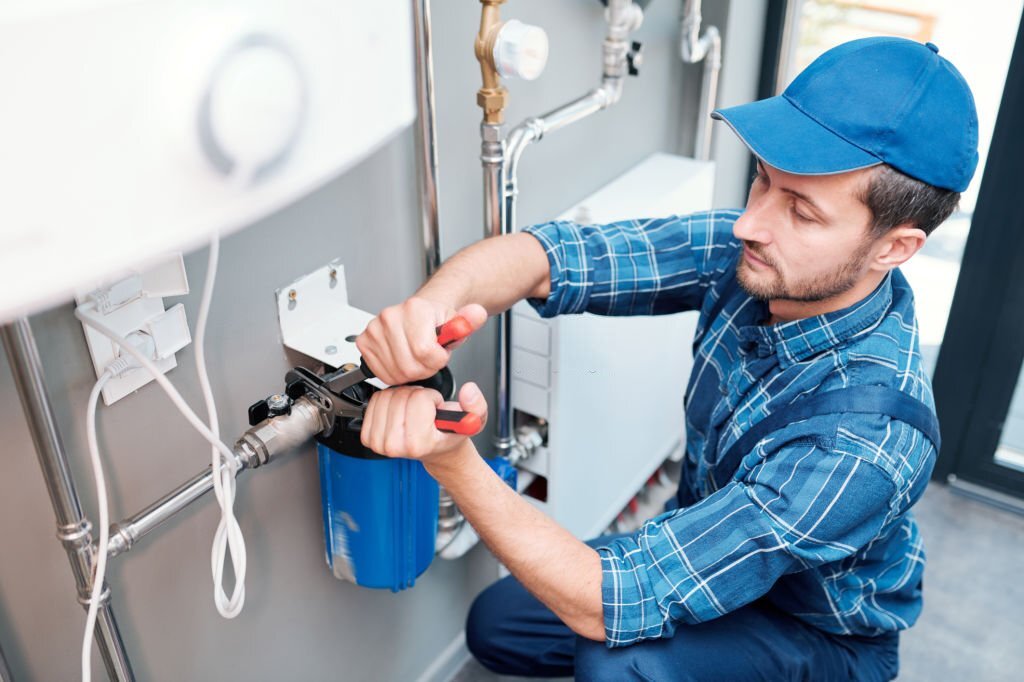
Water systems are a complex web of pipelines, pumps, and valves that govern the way water is delivered to homes and businesses. As technology advances and the need for efficient and safe water delivery increases, so too does the necessity of water system tools. From pipes to pumps, the range of water system tools that are available can be overwhelming. But any business or homeowner who relies on access to clean water knows that having the right tools is essential.
For anyone unfamiliar with water system tools, the idea of using them can be intimidating. However, these tools are designed to make water delivery more efficient and safer. With the right resources, tools, and knowledge, streamlining your water system processes is achievable. Knowing which water system tools to use to improve the safety and reliability of your pipeline system can save your business time and money in the long run.
In this blog post, we’ll look at the various water system tools available and how to properly utilize them. We’ll discuss why it is important to ensure that your water system functions optimally, and some tips on how to streamline your processes. By the end of this post, you’ll have a better understanding of how to use water system tools to optimize your water system and keep everyone safe.
7 Fascinating Facts About Water Systems
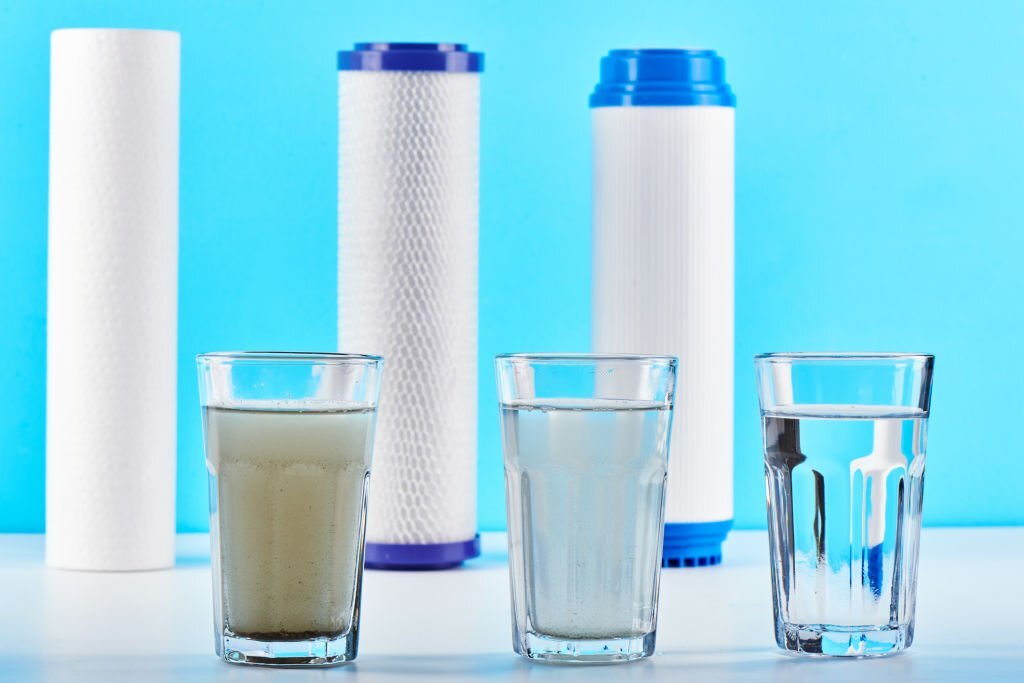
Water is one of the most essential elements of nature, sustaining all life and providing many of the world’s resources. The water systems that exist around the globe are fascinating, yet complex and often misunderstood. From the hidden organisms living in the underworlds of a river to the intricate processes of filtration, the inner workings of a water system reveal a much deeper insight into the amazing world we inhabit.
In this blog post, we’ll be exploring seven astonishing facts about water systems that you may have not heard of before. From the fascinating way water is used for energy production to the intricate details of the water cycle, these facts will leave you wondering how we ever lived without such a valuable resource. Even if you don’t consider yourself an expert in water systems, you’ll be amazed by the technological advancements and natural processes that keep our planet thriving. So, let’s dive into the depths of water systems and uncover some of the most interesting facts there are!
5 Reasons to Have a Professional Water Test for Your Water System
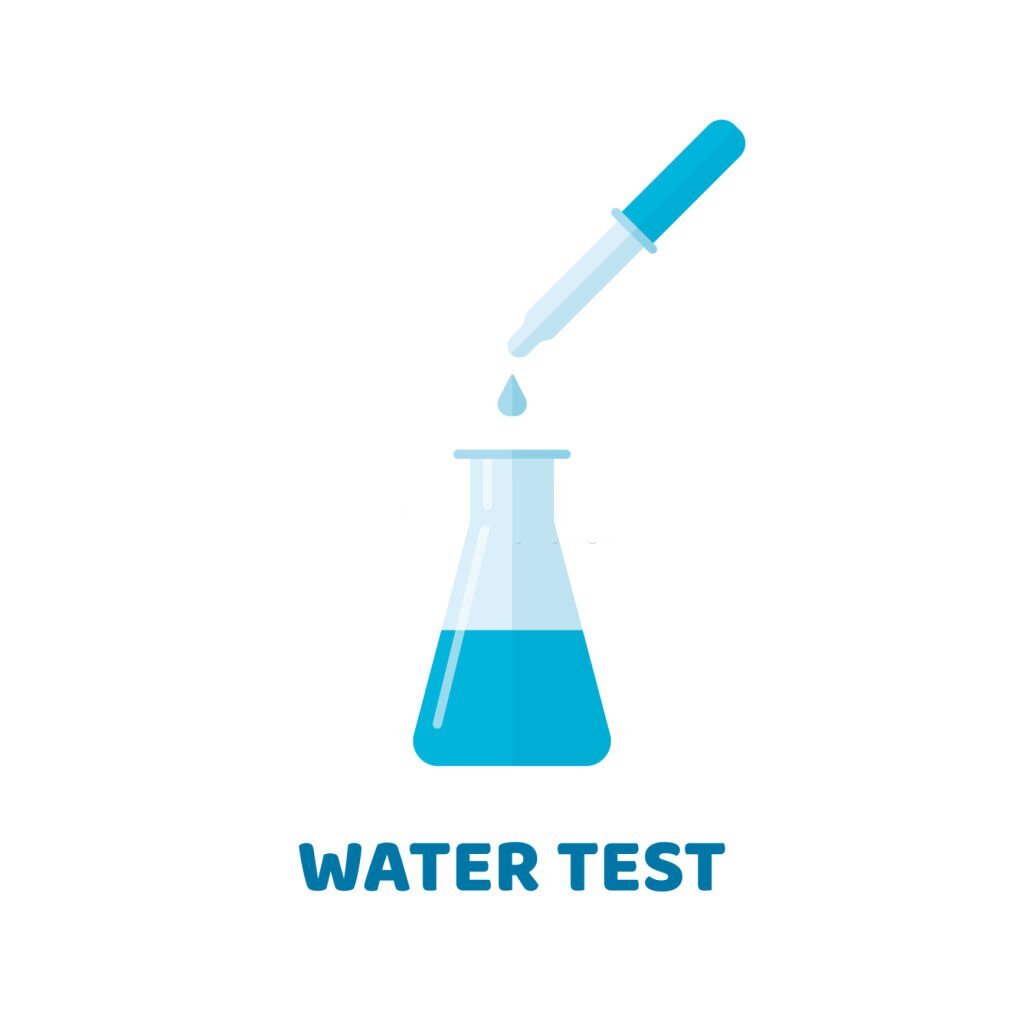
With a modern and advanced water system providing clean and safe water for all of your needs, it’s important to conduct regular water tests to ensure that everything is working as it should be. But why have a professional water test for your water system instead of doing it yourself? Getting a qualified professional to test your water system can give you peace of mind that all is well, and can even save you time and money. In this article, we will look at five of the most compelling reasons why you should have a professional water test for your water system.
This is especially true with our increasingly temperamental climate. As the environment continues to change, so do the conditions of our water systems. Without careful and accurate monitoring, pollutants or minerals can accumulate in our water systems, leading to adverse effects on our health and overall well-being. Monitoring the quality of your water system can be difficult if done without the help of professionals.
Professionals have years of experience reading and interpreting the data of water tests. They are equipped with the necessary science and technology to make sure that the results of the water tests are reliable and accurate. Through these tests, they are able to detect contaminants, heavy metals, and other contamination issues that could be invisible to the naked eye. Furthermore, only trained professionals would have the know-how to implement the best solutions to any contamination issues that might arise, thus ensuring that the quality of your water system is kept at its highest level.
So don’t let the uncertainty and doubt get the better of you – invest in having an experienced professional conduct a water test for your water system. You’ll be able to enjoy the peace of mind that comes with the knowledge that all is well with your water system. Read on to find out more reasons why you should have a professional water test for your water system.
Unlock the Secret of Low Pressure with an Under-the-Counter Water System in Florida
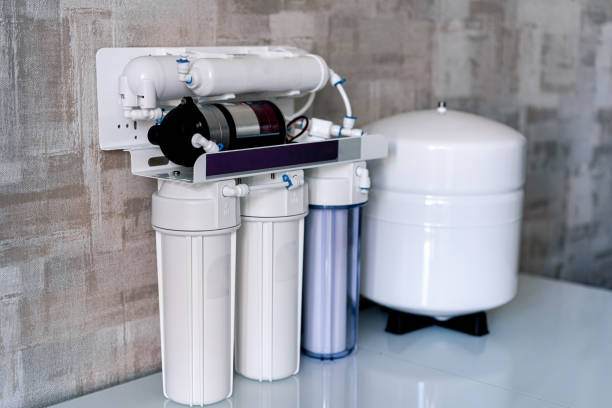
Imagine having to deal with the frustration of low water pressure from the tap. As you’re washing dishes, rinsing vegetables, or taking a shower, the water just isn’t coming out as strongly as it should. You’ve got a few options: you can call a plumber to adjust the pipes, install a pump, or shell out for a new faucet. However, there’s a simpler solution that may be less commonly known: an under-the-counter water system. This innovative plumbing system features fewer components that make it easier to maintain and repair, as well as one important perk—maintaining a healthier level of pressure.
With an under-the-counter water system in Florida, all you need to do is turn a knob to get the desired water pressure. This clever setup keeps the water pressure at an optimum level all on its own, and it requires no additional adjustments. This means no more dealing with reduced pressure due to clogged pipes, or having to manually adjust a pressure gauge. Additionally, since the fewer components of this system are placed under your sink, there is less risk of corrosive damage and leaking, which saves you money in the long run.
So if you’re looking for a simple and cost-effective way to keep your tap water pressure optimal, consider investing in an under-the-counter water system. In this blog post, we’ll explore what makes this system so successful in Florida, and how it can help you unlock the secret of low water pressure.

